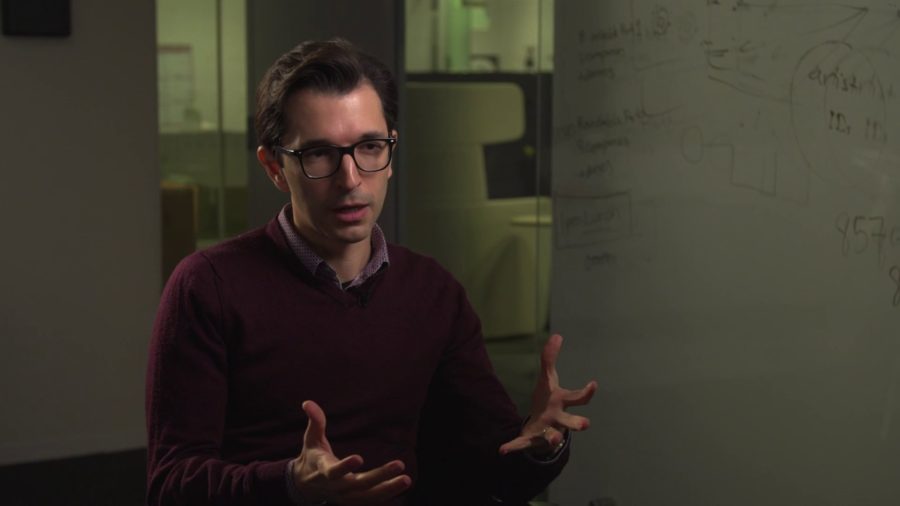Some of the long-term challenges are very hypothetical—we don’t really know if they will ever materialize in this way. But in the short term I think AI poses some regulatory challenges for society.
Archive (Page 3 of 4)
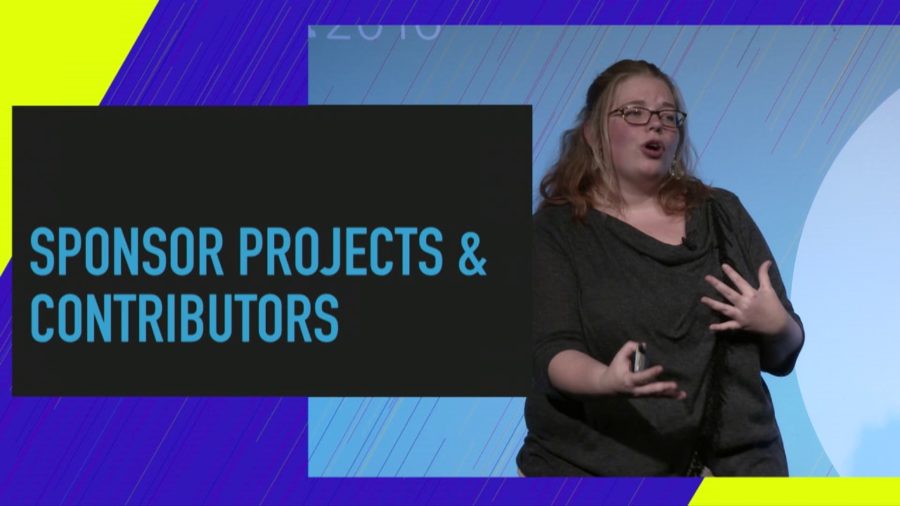
This talk is more about the coercion of labor into open source software. So I want to take a critical look at how we can engage businesses and other stakeholders in technology companies to begin to create a more equal and sustainable environment for all people contributing to open source.
The best justification we have for killing fifty-six, fifty-seven, whatever billion land animals and a trillion sea animals every year is that they taste good. And so, in a sense how is this any different from Michael Vick, who likes to sit around a pit watching dogs fight, or at least he used to?
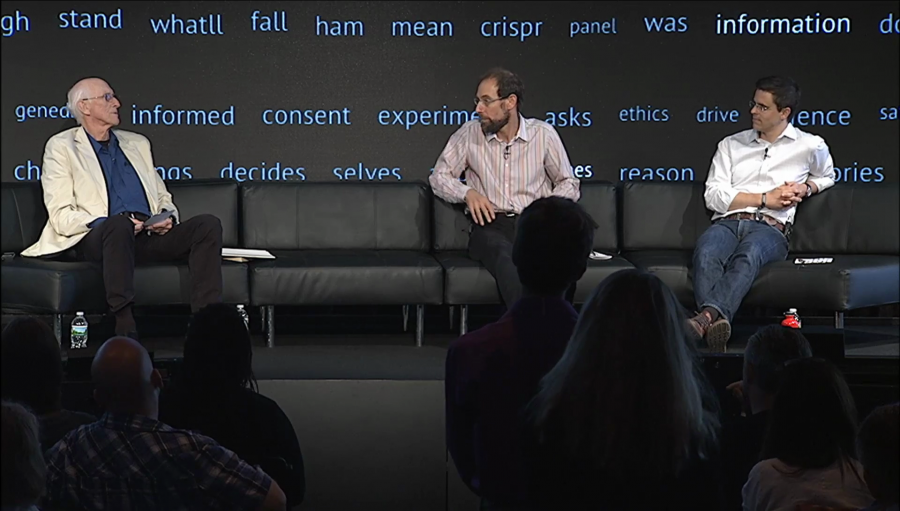
Solar geoengineering rests on a simple idea that it is technically possible to make the Earth a little more reflective so that it absorbs a little less sunlight, which would partly counteract some of the risks that come from accumulating carbon dioxide in the atmosphere. When I say technically possible, it appears that at least doing this in a crude way is actually easy, in the sense that it could be done with commercial off-the-shelf technologies now, and it could be done at a cost that is really trivial, sort of a part in a thousand or a part in ten thousand of global GDP.
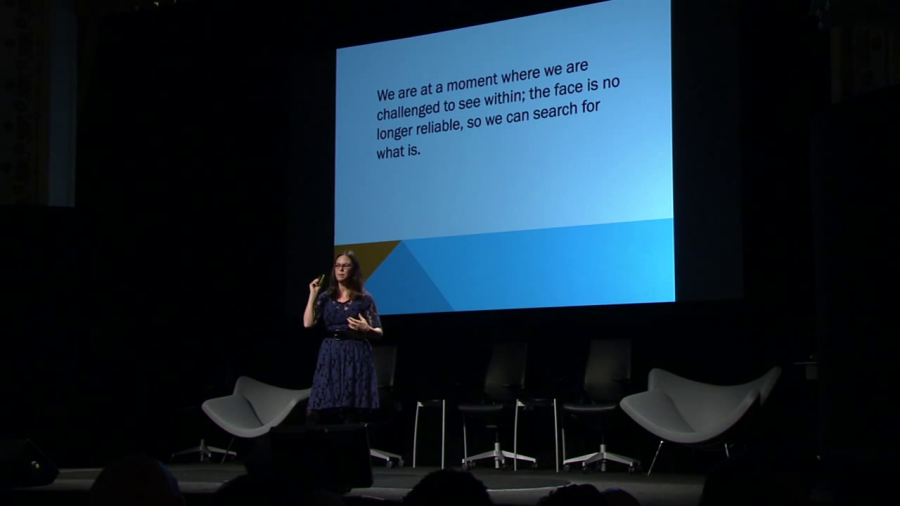
The French philosopher Immanuel Levinas has taught us that it is through our interactions with the face of somebody else, it is through encountering the face of another, that our responsibilities to someone else arise. You cannot look at somebody else, truly look at them, and then walk away without having some kind of sense of a relationship towards that person. But what if the other has no face? What then? Or what if the face of the other is actually the face of another person entirely?
We are a communal animal that’s developed to believe that it’s the center of the universe. And we behave as such. You know, we want to conquer, because our brain is wired to want to eat and fuck another day, you know what I mean. That’s what we’re wired to do. That’s where our evil comes from. It’s our animal roots that cause us to need things, and desire things.
Some of my artist friends think what I’m doing isn’t art, and I’ve given up on art. It’ll take care of itself. You know. I mean it’s always been there, it will always be there, and we always know that new art never looks like art at first, ever. So why should this be any different? We just have to trust the process. And I would say that must be true for every other discipline.
Everything we know about biological sciences, medicine, agriculture, disease, whatever, is based on studying one example of life. Life on Earth. Life as we know it. If we find another example that’s different, a second genesis, and independent origin of life, comparing those two might enable us to answer questions that we would never be able to answer if we only had one example to study. That could provide practical benefits for humans as well as better understanding of how to manage ecosystems, etc.
What has redeemed the faith community throughout the centuries of history has been that there has always been a sector of the faith that has not sold out, that has recalled the genuine moral and ethical values of that faith and its tradition, and has renewed that, and therefore moved the agenda into the future, that is moral and ethical and just.
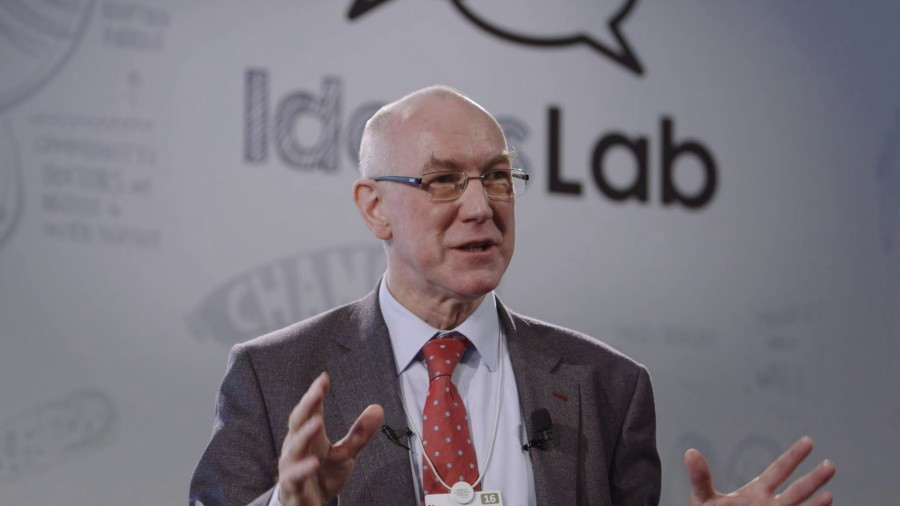
The idea of putting a robot simulator inside a robot, well, it’s not a new idea but it’s tricky and very few people have pulled it off. In fact, it takes a bit of getting your head round. The robot needs to have, inside itself, a simulation of itself and its environment, and others in its environment. And running in real-time as well.

